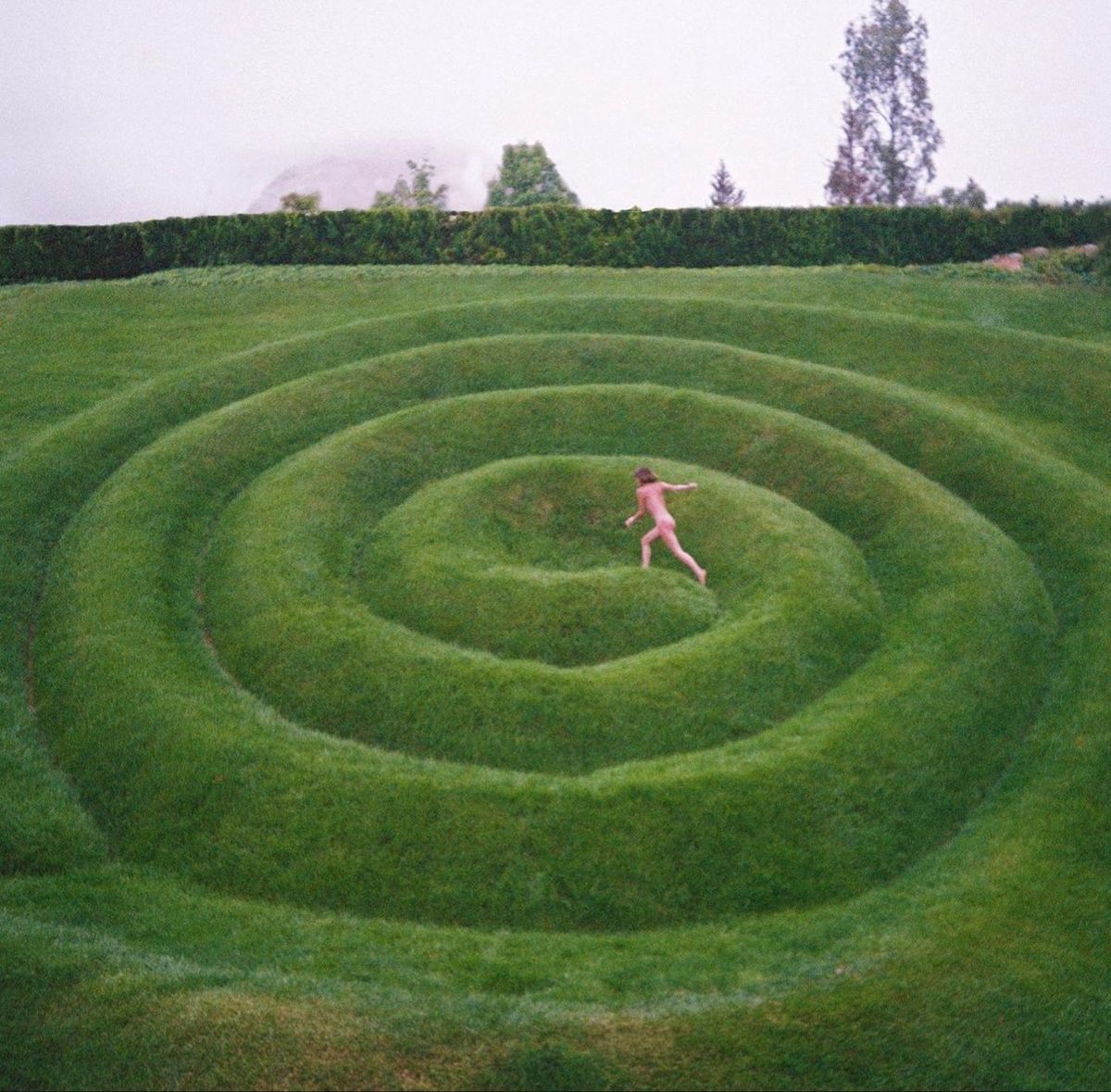Sublime
An inspiration engine for ideas
Students come to my office with problems I can’t begin to unpack. No, I can’t tell you why you have dreams about murdering people. No, I can’t explain why your dad told you it’s your mom’s fault you slice your arms up like deli meat. No, I don’t know why the doctor screwed up your prescription and you are out of your meds or why your sister won’t
... See moreEmily Kingsley • You Are Not Okay and Tomorrow Will Come
“The market for something to believe in is infinite.”
– Hugh MacLeod
Noah Reid performs A Case of You | Noah Reid interprète A Case of You
youtube.com
"Don't ignore the problem, but keep it light. Take action with a smile. Adding tension won't solve your troubles faster.
Even when the problem is hard, it doesn't need to harden you. Unknot yourself. Body loose, head clear, and then take the first step.
Be happy in the doing."
Even when the problem is hard, it doesn't need to harden you. Unknot yourself. Body loose, head clear, and then take the first step.
Be happy in the doing."


